The annual address by Iran's Supreme Leader, Ali Khamenei, on the anniversary of the death of Ruhollah Khomeini is typically a key moment for political watchers.
This year, however, his remarks on the upcoming presidential election were brief and open to interpretation.
While Khamenei has often used past speeches to subtly endorse preferred candidates, this year he offered only vague "keywords" applicable to multiple contenders.
This has led to speculation that he may deliver a more specific address in the coming days.
The leader of the Islamic Republic has outlined specific criteria for the presidency, emphasizing the need for a candidate who is "active, productive, knowledgeable, and believes in the fundamentals of the revolution."
Most importantly, he highlighted the necessity of electing a president who prioritizes "strengthening the strategic depth" of the system.
The concept of "strategic depth" has frequently appeared in Khamenei's speeches over the years and is not a new issue.
However, in light of recent missile and drone attacks on Israel and the involvement of the Islamic Republic's proxy groups in the Gaza conflict, this concept has gained renewed importance.
Figures like Ali Larijani and Saeed Jalili could be seen as embodying these principles.
The attributes of being "active, productive, knowledgeable, and a believer in the principles of the revolution" also describe individuals such as Mohammad Bagher Qalibaf.
His last-minute nomination might have been influenced by these expectations.
Khamenei also addressed the need to reduce conflicts during the presidential elections, stating that "slandering, spreading mud will not help progress and will harm the national reputation."
He stressed that "the election scene is a scene of honor and epic" and "not a scene of fighting to gain power."
These remarks come amidst uncertainty about the format of the presidential election debates.
Tasnim news agency reported that election debates will take place, but planning will ensure that political and electoral misconduct is avoided.
Despite these efforts, debates will inevitably generate tension, and Khamenei has attempted to mitigate this to some extent.
The leader of the Islamic Republic has historically issued implicit endorsements for preferred presidential candidates through various "codes" in his speeches.
These endorsements have sometimes sparked protests from other candidates.
One notable instance was on May 23, 1997, when he expressed clear support for Ali Akbar Natiq Nouri.
In 2009, during a visit to Kurdistan Province, Khamenei's comments were interpreted as support for Mahmoud Ahmadinejad's re-election, leading to protests from other candidates.
He praised the benefits of having an enthusiastic and determined president, which was seen as a nod towards Ahmadinejad.
In a subsequent meeting with representatives of the presidential candidates, Davood Danesh Jafari, representing Mohsen Rezaei, accused Khamenei of partiality.
Khamenei defended his statements, insisting they were not biased but rooted in long-held principles.
In the 2005 election, Khamenei's remarks in Kerman also appeared to support Ahmadinejad, advocating for an "efficient, energetic, and faithful" president dedicated to the goals of the revolution and the nation.
On May 22, 2019, Khamenei emphasized the critical nature of the election, highlighting the responsibility of electing a president capable of "addressing the nation's problems."
He warned against electing a leader who might neglect or regress the country's progress.
In the lead-up to the 2021 elections, Khamenei had articulated his preference for a "young and revolutionary" or "young and Hezbollah" government.
Despite Ali Larijani's disqualification making Khamenei's codes less necessary, he reiterated the need for a dynamic, energetic government.
He said that a "young and Hezbollah" government does not necessarily mean having a very young leader but rather "a government characterized by vigor and readiness to work."
In his latest speech, Khamenei stressed that a "successful and grand election would be a significant achievement for Iran, enhancing its global image."
He urged the nation to elect a responsible leader with a strong mandate.
In recent years, Khamenei has placed less emphasis on high voter turnout, contrasting with his previous calls for broad participation.
For example, in 2013, he encouraged everyone to vote, "even those not supportive of the Islamic system, for the sake of the country."
In 2015, he appealed to those who did not accept the system to participate to preserve the nation's reputation.
The strategy of the government in recent elections has been to ensure "less participation but a certain result."
This approach has been evident in recent parliamentary elections.
However, following the death of Ebrahim Raisi, there is speculation that interest in the elections might increase, potentially leading to higher participation than in the 2021 election.




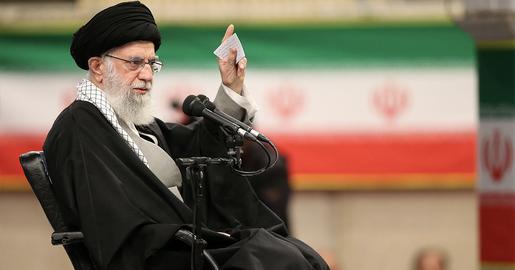
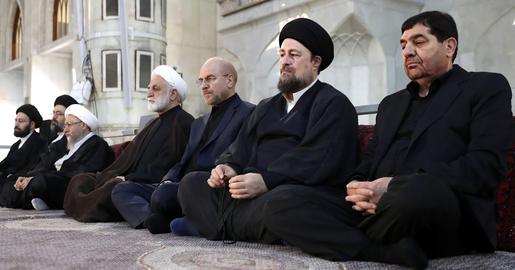
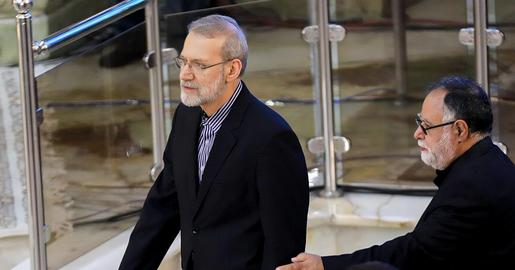












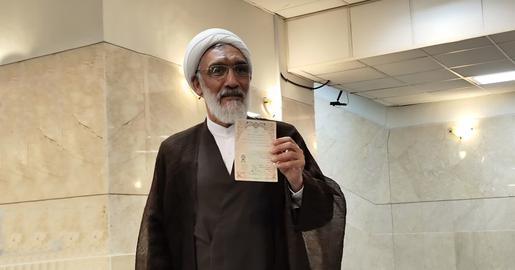
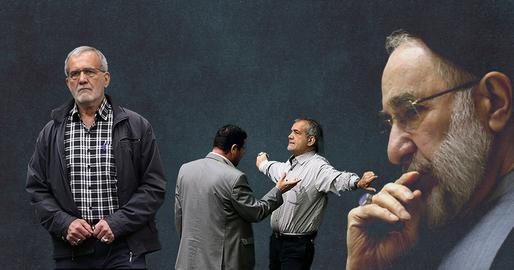



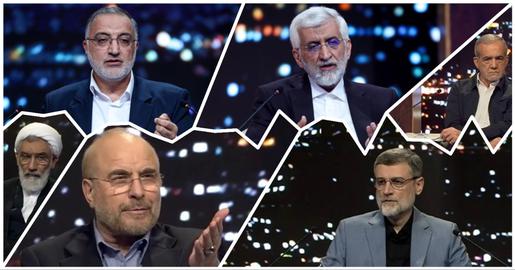



comments